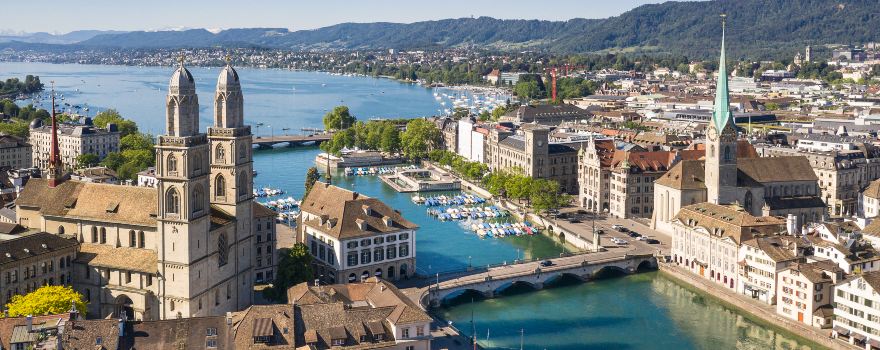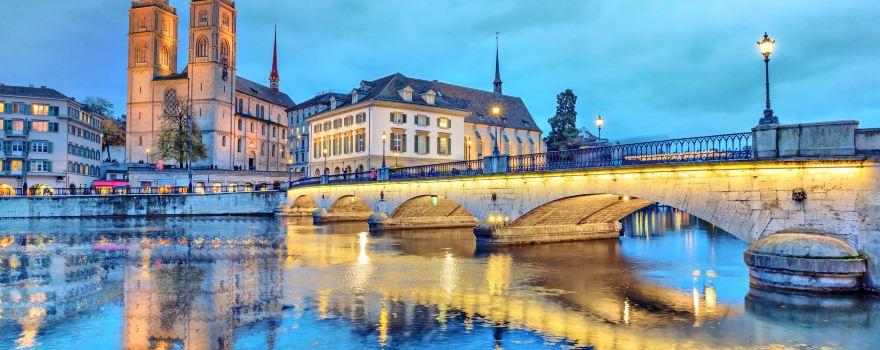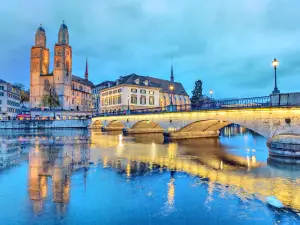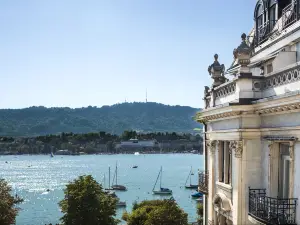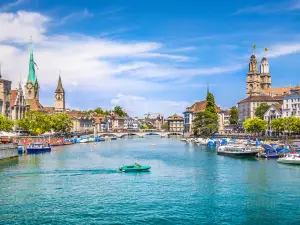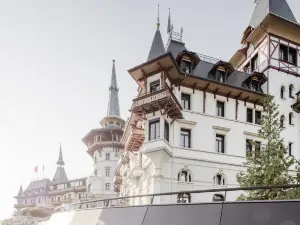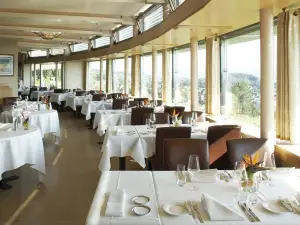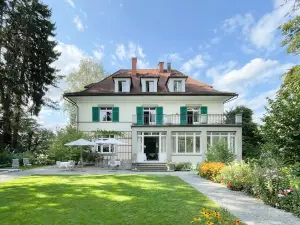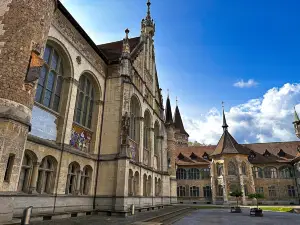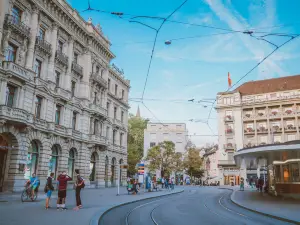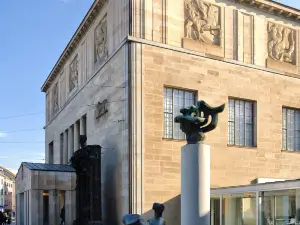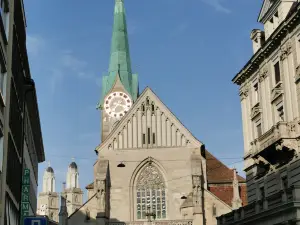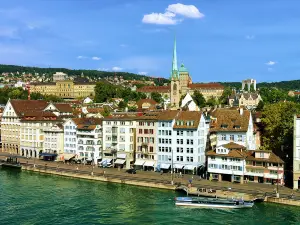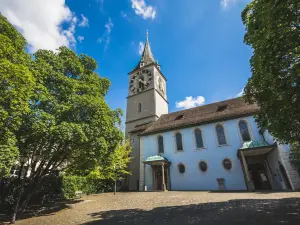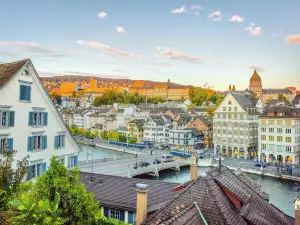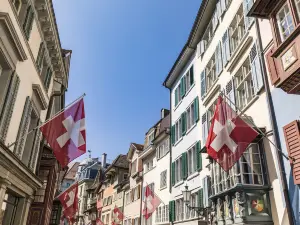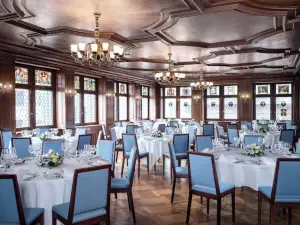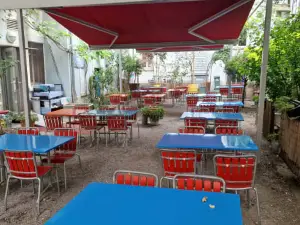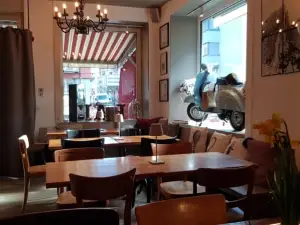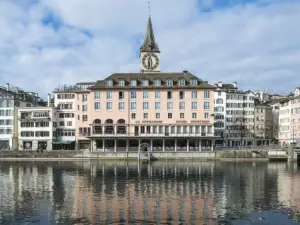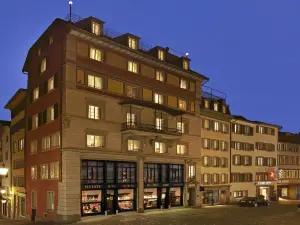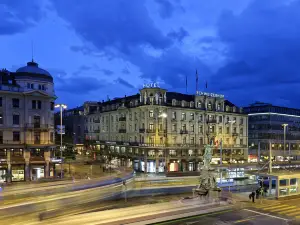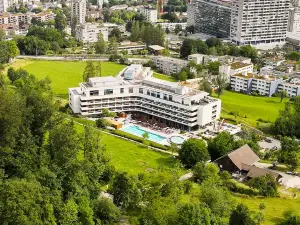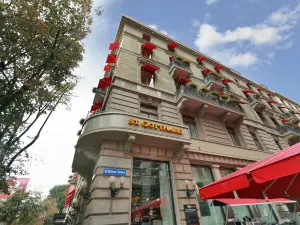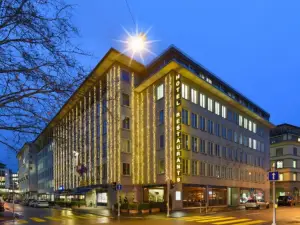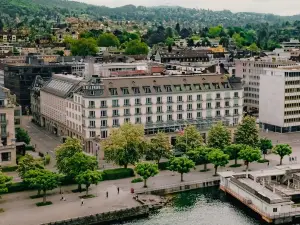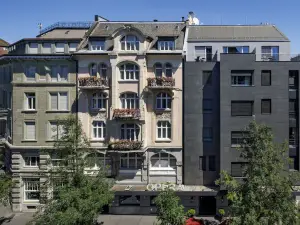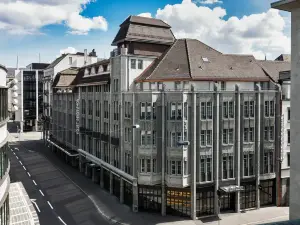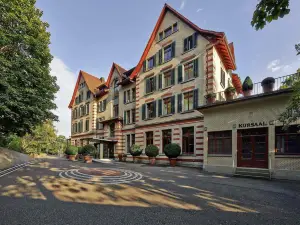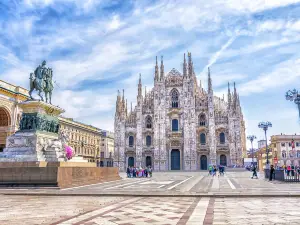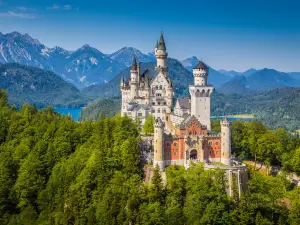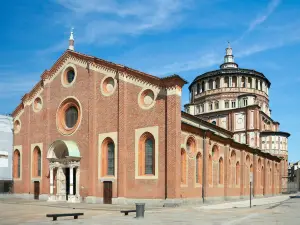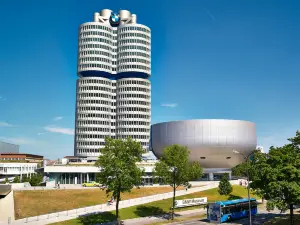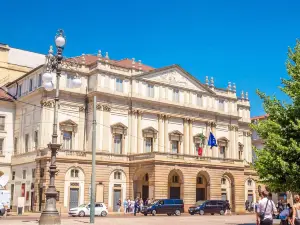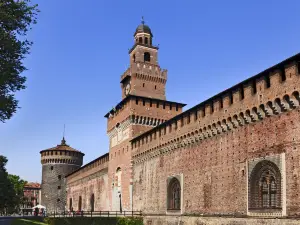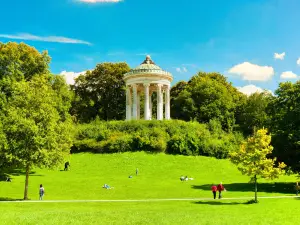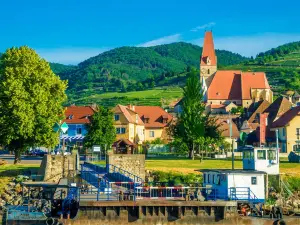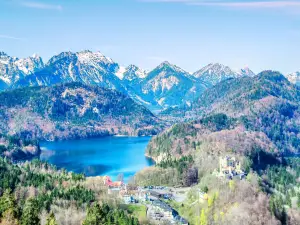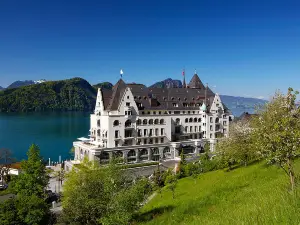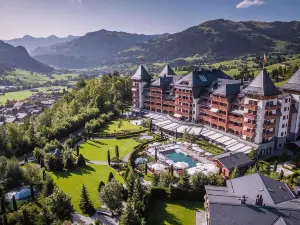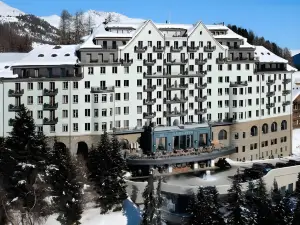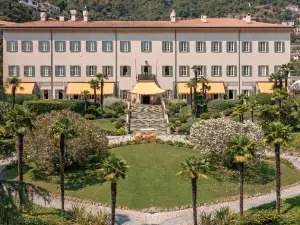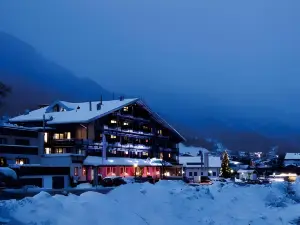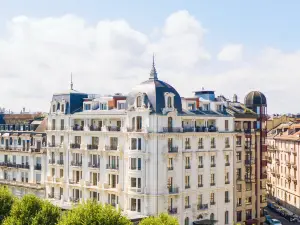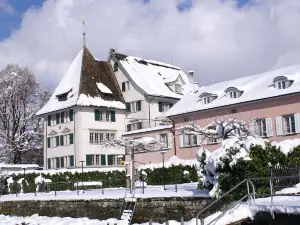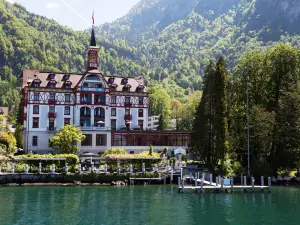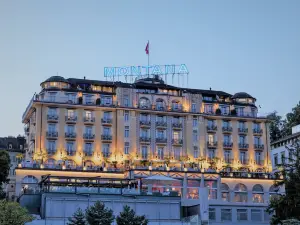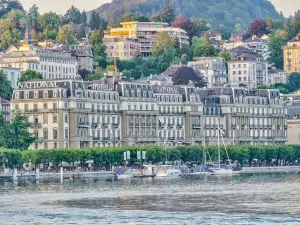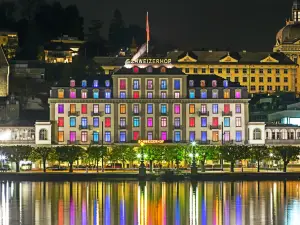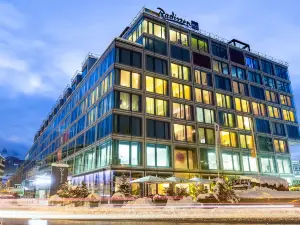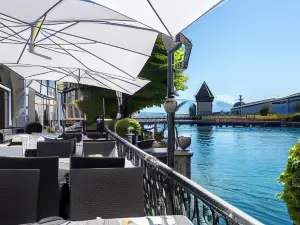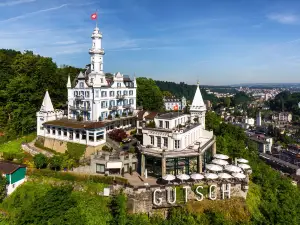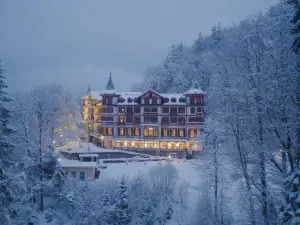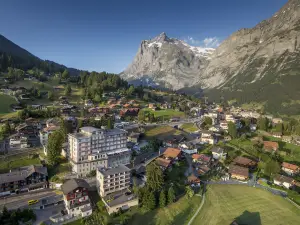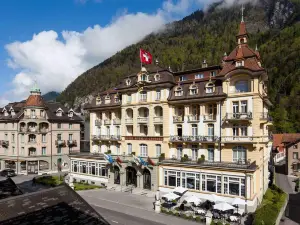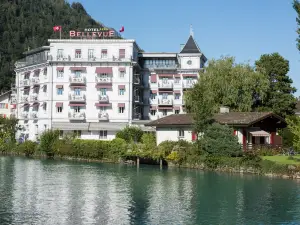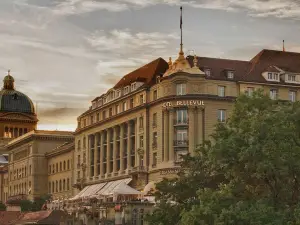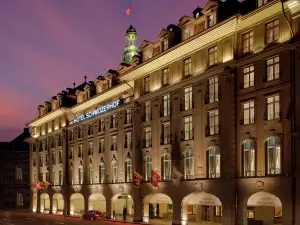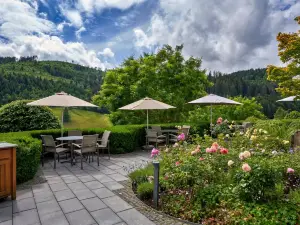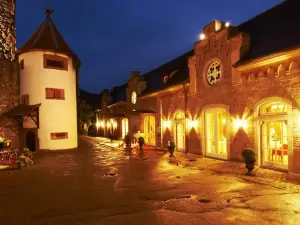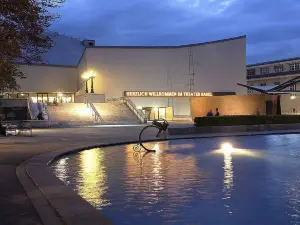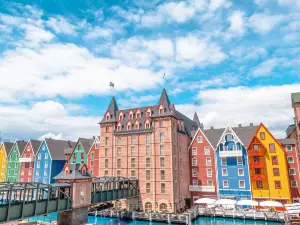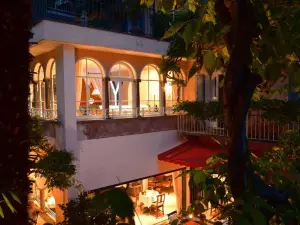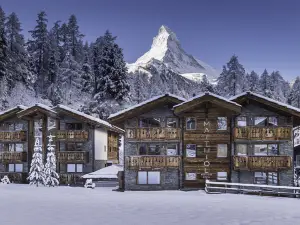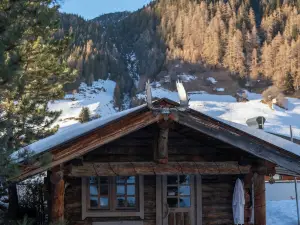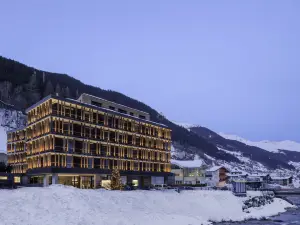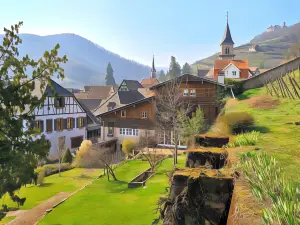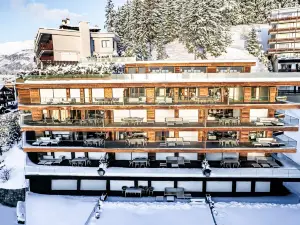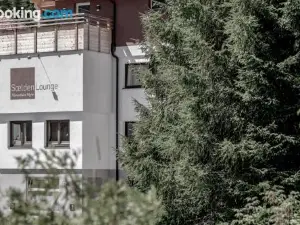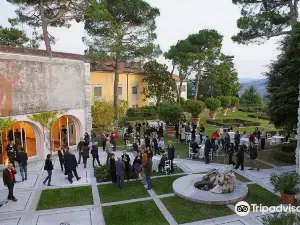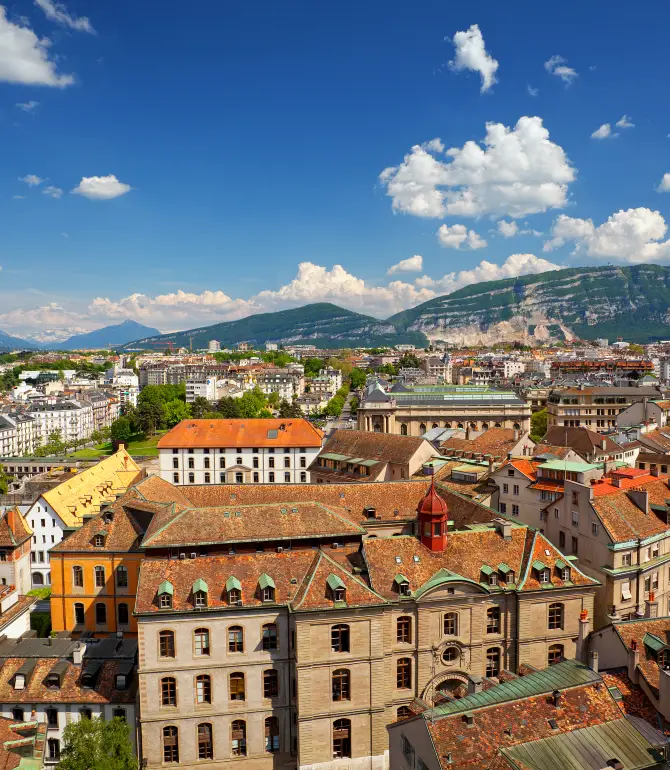Things to Do in Zurich in 2025 - Top Attractions, Local Food, Hotels & Travel Tips (Updated June 2025) | Trip.com
About Zurich
Recommended trip: 2–4 day(s)
Recommended trip: 2–4 day(s)Current Weather Conditions
Zurich Local Experiences Map

Trending in Zurich
Zurich Local Travel Guide 2025
Zurich Brief Guide
Zurich is world-famous as a city of global finance. Because of the many verdant trees on the banks of Lake Zurich and the Limmat River, it is also known as the "Garden City". Even though Zurich is the largest city in Switzerland, it still exudes a quiet and peaceful atmosphere. Grossmünster, the Fraumünster church, the Swiss National Museum, and the fine arts museum, the Kunsthaus Zürich speak to this city's enchanting humanistic culture. Bahnhofstrasse is the city’s main downtown shopping street and represents avant-garde fashion, with many shopping centers and high-end boutiques lined up on either side of the street. Heading south along Bahnhofstrasse, you will come to the wide Lake Zurich. During daylight hours, white swans and ducks can be seen floating on the lake. Wild and free, it is a harmonious scene to behold.
Zurich Must-try Local Experiences
1. Explore the Old Town Wander through Zurich's Old Town to admire medieval architecture, visit iconic churches like Grossmünster and Fraumunster Church, and enjoy charming cobblestone streets and vibrant cafes. 2. Stroll Along Lake Zurich Take a leisurely walk along Lake Zurich's shores for stunning views of the water and Alps, visit beautiful parks, or take a boat cruise. 3. Visit the Swiss National Museum and Kunsthaus Zurich Discover Switzerland's rich history and culture at the Swiss National Museum with its extensive collection of artifacts and exhibits. Explore Kunsthaus Zurich, a major art museum with an impressive collection of modern and contemporary art. 4. Ascend Uetliberg Hike or take a train to Uetliberg Mountain for panoramic views of Zurich, the lake, and the Alps, perfect for nature lovers and photographers. 5. Explore Bahnhofstrasse Walk along Bahnhofstrasse, one of the world's most exclusive shopping streets, featuring luxury boutiques, high-end stores, and charming cafes. 6. Experience Swiss Chocolate Making Join a chocolate-making workshop to learn about Swiss chocolate and create your treats, immersing yourself in Swiss culture. 7. Sample Swiss Cuisine Indulge in Swiss culinary delights like Cheese Fondue, Cheese Gratin, and Veal Zurich, and don't forget to sample local specialties such as Lindt chocolates as well as wines and other delicacies. 8. Take a Day Trip to Rhine Falls Embark on a day trip to Rhine Falls, one of Europe's largest waterfalls, for breathtaking views, boat rides, and nearby castles.
Zurich Must-see Attractions
Zurich is a Swiss city rich in cultural and historical landmarks, featuring the Romanesque Grossmünster church, the luxurious Bahnhofstrasse shopping boulevard, the picturesque Old Town with its cozy cafés and historic sites, the extensive art collection at Kunsthaus Zurich, and the serene Lindenhof park with panoramic views and deep historical roots.
Zurich Food Guide
Zurich's food scene is celebrated for its exquisite Swiss wines, characterized by local varietals from vineyards around Lake Zurich, and its rich confectionery history, epitomized by world-renowned Swiss chocolate, which owes its smooth quality to local innovations like the conching process.
Zurich Transportation
Zurich's transportation infrastructure is well-developed, with Zurich Airport and the main train station, Zurich Hauptbahnhof, being the primary gateways for intercity and international travel. Zurich Airport (ZRH), also known as Kloten Airport, is the largest and busiest airport in Switzerland, It serves as a hub for Swiss International Air Lines and offers a wide range of domestic and international flights. To reach the city from Zurich Airport, passengers can take a train operated by Swiss Railways (SBB/CFF/FFS) from Zürich Flughafen to Zürich HB. Trams and buses also provide connections to the city and surrounding areas. Zurich Hauptbahnhof (Zurich HB), situated in the heart of the city, is one of the busiest railway stations in Europe and serves as a major railway hub. It connects various cities and countries. The station is a cultural landmark and includes a shopping mall called ShopVille. To reach Zurich HB from Zurich Airport, travelers can take a direct SBB train.
Zurich Where to Stay
Zurich is a city that offers a diverse range of accommodation options, with each district providing its own unique charm and characteristics. The city's well-connected public transportation system ensures that no matter where you choose to stay, the rich cultural and historical offerings of Zurich are easily accessible.
Zurich Best Time To Visit
The best time to visit Zurich is during the summer months of June to August, when the city is vibrant with festivals and outdoor activities. This period is ideal for experiencing Zurich's lively cultural scene, including the ZürichArt Weekend and the Street Parade, as well as enjoying picnics in parks and alfresco dining. For winter sports enthusiasts, December to February offers Christmas markets, spa experiences, and skiing opportunities at nearby resorts like Atzmännig. Budget travelers and nature lovers will find March to May favorable, with the blooming of trees and the traditional spring festival of Sechseläuten. Foodies, hikers, and culture enthusiasts should consider visiting in September and October to enjoy the Long Night of the Museums, the Food Zürich festival, and the beautiful autumnal colors.
Zurich Travel Tips
1. Plan Your Visit to Uetliberg: If you plan to hike up Uetliberg, Zurich's local mountain, it's advisable to book your hiking trip in advance, especially during peak seasons, to avoid overcrowding and ensure a pleasant experience. Wear comfortable clothes and hiking boots, pack sunscreen and a hat, and start early to beat the crowds. Don't forget to bring a camera to capture the stunning views from the top. 2. Check Museum Opening Hours: Many museums in Zurich, such as the Swiss National Museum and Kunsthaus Zürich, are closed on Mondays. Always check the opening days and hours before planning your visit to avoid disappointment. 3. Mountain Weather Precautions: When hiking in nearby mountains, weather can change rapidly. Always check forecasts, inform someone of your plans, and carry appropriate gear, including warm clothing and sufficient water. Avoid walking alone and be cautious of dislodging rocks. Ensure your insurance covers mountain rescue and helicopter evacuation. 4. Respect Bike Lanes: Zurich has many dedicated bike lanes, marked with yellow lines and sometimes a red surface. Always respect these lanes and avoid walking or standing in them to ensure the safety of cyclists and pedestrians.
Zurich Useful Guide
Zurich's official language is German, specifically Swiss German or Swiss Standard German, which is distinct from standard German with unique vocabulary, grammar, and pronunciation. Translation services and language apps are available for travelers, and English is commonly spoken, especially among the younger population. Multilingualism is prevalent due to Switzerland's four national languages and diverse linguistic regions. Effective communication can be aided by familiarizing oneself with basic Swiss German phrases and using non-verbal cues.
Trip.Best: Zurich
Things to do in Zurich
What to Do
Fraumunster Church
FIFA headquarters
Zoo Zurich
Augustinergasse
Where to Stay
What to Eat
Zurich Moments: Through Travelers' Eyes

Travel Guide for a 4-Day Trip to Switzerland with Friends

A 4-Day Trip to Switzerland: Enjoy the Fun for Just 4k per Person

Switzerland in Summer: A Must-Visit Destination

The most livable city in the world, the poetry and distance that never sleeps at dusk—Zurich

Switzerland: A Fairytale Wonderland You Must Visit in Your Lifetime

Spring Trip to Zurich🌼

Zurich, Switzerland|A Spring Stroll Beneath Sakura Streets

Must Visit place
Best of Zurich
Site Operator: Trip.com Travel Singapore Pte. Ltd.
